#comandante
Text
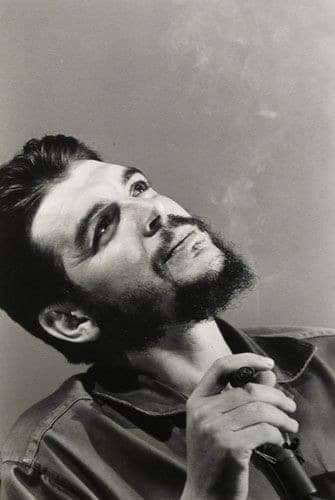
9 Ottobre 1967
50 anni dalla morte..
Al di là delle ideologie..
"Hasta siempre Comandante. "

50 notes
·
View notes
Photo
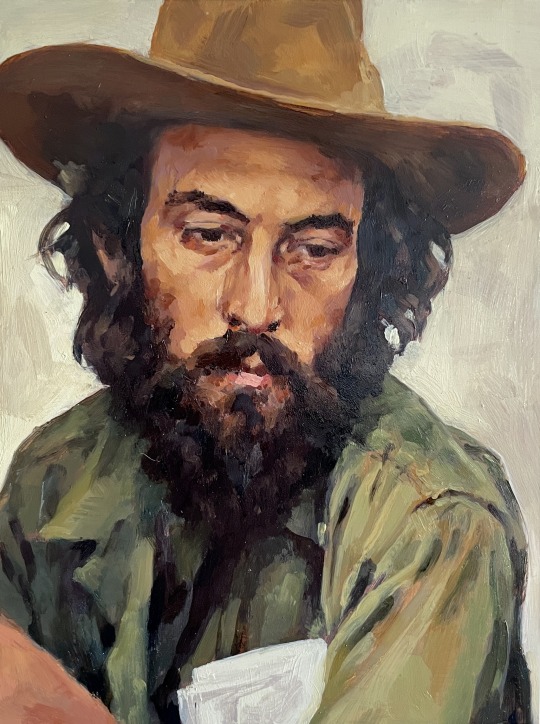
Camilo Cienfuegos
2023
Oil on board
6x8″
A portrait of comandante Camilo Cienfuegos, a key leader of the revolutionary army. He was a close friend of Che Guevara and an early leader of the Cuban army after the revolution and assisted with land reform before his plane was lost over the ocean in late 1959.
6 notes
·
View notes
Text

In mare, siamo tutti alla stessa distanza da Dio, a distanza di un braccio.
Quello che ti salva.
Un naufrago russo salvato da un comandante ucraino
(Pacifico del Sud, marzo 2023)
Comandante (2023) di Edoardo De Angelis
0 notes
Link
#AmmiraglioPettorino#cinelumiere#cinemamadeinitaly#Comandante#EdoardoDeAngelis#istitutoitalianodiculturaalondra#KevinTodHaug#PaoloTaviani#PierfrancescoFavino#SalvatoreTodaro#SandroVeronesi#SilviaD'Amico
0 notes
Text
youtube
#Hasta Siempre#Comandante#Che Guevara#in C major#Nathalie Cardone#Piano#pdf#violin#guitar#music notes#sheet music#flute#notes#piano sheet music#Youtube
1 note
·
View note
Text
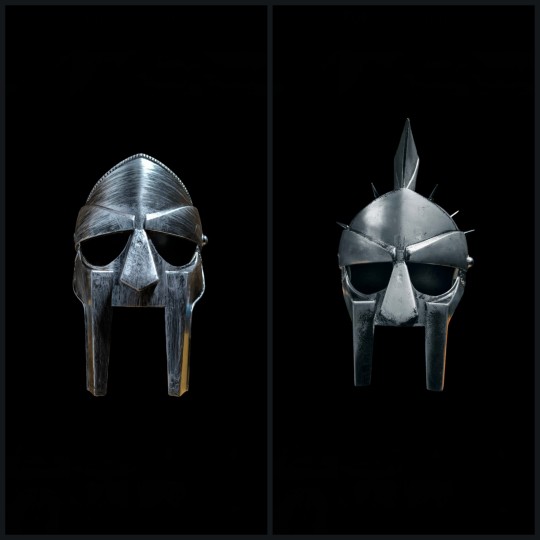
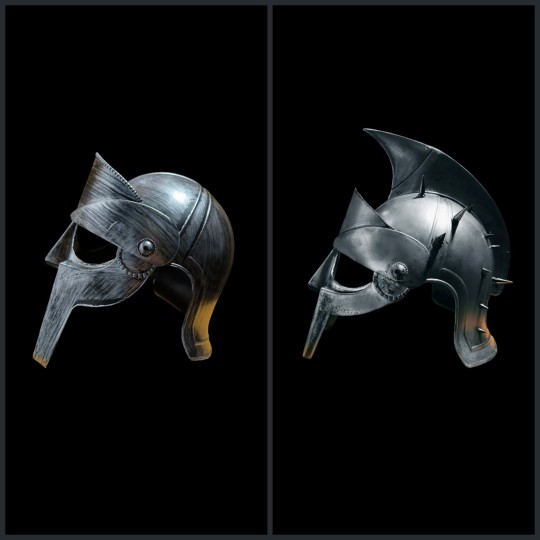
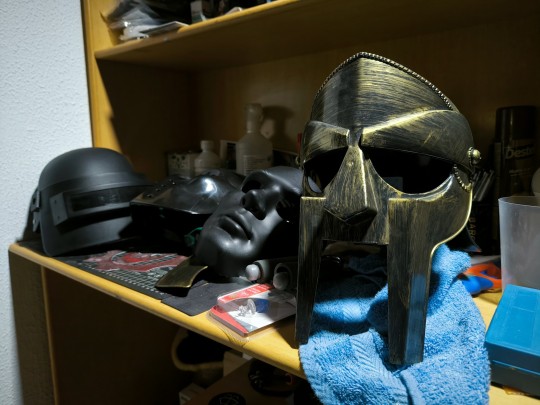

DE DISFRAZ DE LOS XINOS A ALGO UN POQUITO MEJOR ☺️
0 notes
Text
ViviWebTv - Mottola | Ciak si gira: due mottolesi con Pierfrancesco Favino

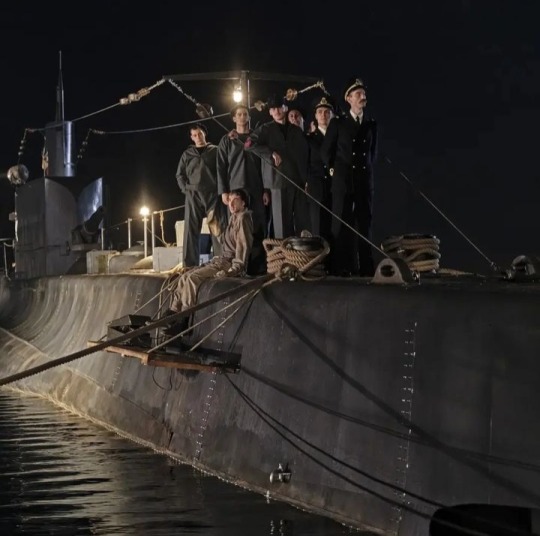

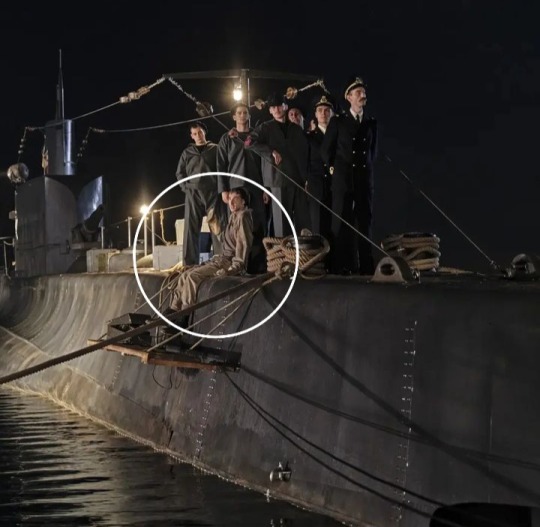

2 Mottolesi con Pierfrancesco Favino ,si tratta di Nicola Digregorio 24 anni e Stefano Vernengo 19 anni..Nicola è il saldatore del Sommergibile "Cappellini", mentre Stefano è uno dei membri dell'equipaggio...tutto il resto è nell'articolo ⚓️🎬
31 October "Comandante"
#comandante#Pierfrancescofavino#favino#submarine#31 october#military#ciak#movie#film#nicoladigregorio#model#actor#mottola#puglia#taranto#cappellini#raicinema#indigofilm#01Distribution#edoardodeangelis#duemottolesiconpierfrancescofavino#tumblr#instagram#facebook#web#articolo#marina militare#1940#second world war#verystory
1 note
·
View note
Video
youtube
Reunião de integração dos Comandadntes de Exército da América do Sul
#youtube#exercito#comandante#comandantes#sargentos#sargento#soldado#soldados#defesa#defesanacional#forçasarmadas#estatrégia#protetores#guardiões#guerreiros#brasilarmado#armados#brasil#patriotas#patriotismo
0 notes
Text
‘Comandante’ Trailer Released Ahead of Venice Film Festival
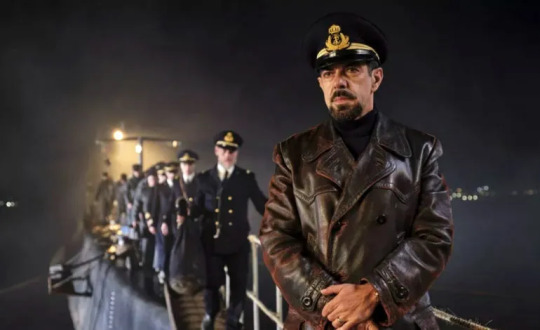
1 note
·
View note
Text
LE MACINE, QUESTE SCONOSCIUTE!
tempo di lettura 4 min.
Oggi vi porto alla scoperta di un mondo nuovo per molti di noi: le macine, che al contrario di quanto si può pensare non sono tutte uguali… cosa si cela dietro ad ogni granello di caffè…
A me, che ho creato il primo campionato di macinatura la mondo, la conoscenza delle macine interessa in modo particolare, ed è per questo che mi sono sempre documentato, senza mai però…

View On WordPress
#campionato di macinatura#cma#coffee#coffee grinder#comandante#grinder#grindie#keber#macine#mastercoffeegrinderchampionship#mcgc2023#solo
0 notes
Text
Il patriota Arta è meritevole della più alta considerazione ed ammirazione per infinite benemerenze patriottiche
Abbiamo visto, dalle prime lettere inviate dal neo Comandante [Giacomo Ferrari (Arta)], quelli che possiamo definire i punti cardinali del suo pensiero politico e partigiano: l’unione e il rispetto delle differenze, la libertà e la democrazia, l’impegno e la responsabilità. Passiamo ora in rassegna alcune direttive emanate, cercando di capire come, nel coordinamento quotidiano delle formazioni,…

View On WordPress
0 notes
Text
Il patriota Arta è meritevole della più alta considerazione ed ammirazione per infinite benemerenze patriottiche
Abbiamo visto, dalle prime lettere inviate dal neo Comandante [Giacomo Ferrari (Arta)], quelli che possiamo definire i punti cardinali del suo pensiero politico e partigiano: l’unione e il rispetto delle differenze, la libertà e la democrazia, l’impegno e la responsabilità. Passiamo ora in rassegna alcune direttive emanate, cercando di capire come, nel coordinamento quotidiano delle formazioni,…
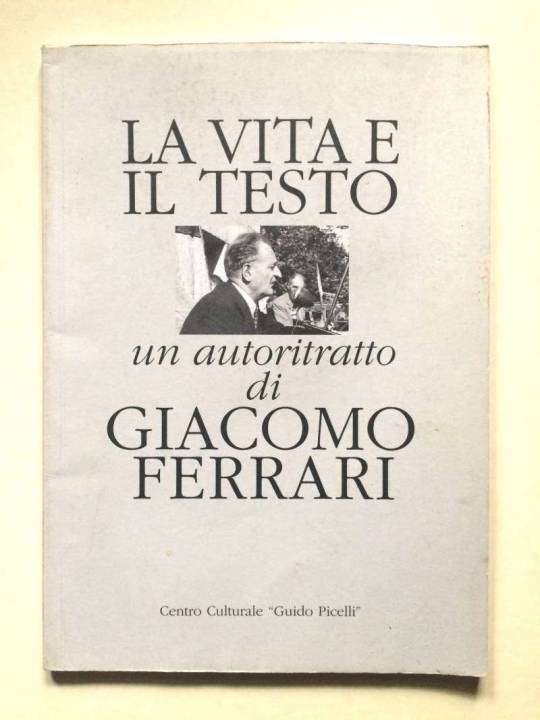
View On WordPress
1 note
·
View note
Text
Prigozhin ha ordenado vacaciones hasta agosto para los mercenarios, dice un comandante
El jefe del Grupo Wagner, Yevgueni Prigozhin, ha ordenado vacaciones para los mercenarios hasta principios de agosto tras la fallida sublevación protagonizada por los combatientes en junio pasado, aseguró hoy uno de los comandantes de la empresa militar privada, alias "Lotus", a un periodista ruso.

"A todos nos enviaron de vacaciones hasta principios de agosto, hay muchas tareas por delante que deben resolverse, por lo que Yvgeny Víktorovich (Prigozhin) decidió dejar que todos descansen", relató Antón Yelizárov al periodista Timofey Ermakov, según publican canales de Telegram de blogueros militares.
"Personalmente, hace cinco años que no voy al mar con mi familia, otros chicos ahora también están inmersos en asuntos familiares. Para dar a todos la oportunidad de descansar ante el gran trabajo que tenemos que hacer, tal decisión fue tomada por el consejo de comandantes" del Grupo Wagner, señaló "Lotus".
La charla se produjo en una cafetería en el sur de Rusia, donde el periodista se encontró de casualidad con Yelizárov, quien le explicó que después de las vacaciones comenzará el trabajo para trasladar a los wagneritas a Bielorrusia en virtud del acuerdo alcanzado con el Kremlin para detener la rebelión armada a cambio de ninguna persecución penal.
"Primero necesitamos infundir sangre nueva. Lo segundo y más difícil es el acceso a Bielorrusia. Tenemos que preparar bases, campos de entrenamiento, coordinar con los gobiernos y administraciones locales, organizar la interacción con las fuerzas del orden de Bielorrusia y establecer la logística", explicó.
"Hay mucho trabajo y las tareas no son fáciles, pero cuanto más difícil es la tarea, más interesante es. Creo que podemos hacerlo", indicó Yelizárov.
Esta semana el presidente de Bielorrusia, Alexandr Lukashenko, dijo que Prigozhin, que debía exiliarse en Bielorrusia, se encontraba en San Petersburgo y sus mercenarios en sus bases en Rusia.
Explicó que aún no se ha resuelto el problema del traslado de los wagneritas al país y que Wagner tiene una visión "diferente" de su futura misión, que consistiría, según Lukashenko, en entrenar y asesorar al Ejército.
En todo caso dijo, se definirá la vinculación con el Grupo Wagner y Bielorrusia por ley o un decreto presidencial.
El comandante de Wagner también dijo que está siguiendo la situación en Ucrania y que está "preocupado por lo que está sucediendo allí".
"Pero cuando no te escuchan, ignoran todas las propuestas y formas de resolver los problemas, incluso cuando hablas de eso con todo el mundo, entonces probablemente sea mejor a veces dar un paso al lado y observar lo que sucede desde afuera", señaló "Lotus".
"Aunque es malditamente insultante y doloroso cuando hay propuestas y oportunidades para resolver el problema y se descartan. Como solían decir nuestros sabios antepasados, esperemos y veamos. Y nos haremos a un lado y miraremos en silencio", dijo.
Sin embargo, señaló que, si los mercenarios son llamados a ayudar a la patria por el pueblo ruso están listos para hacerlo.
0 notes
Text
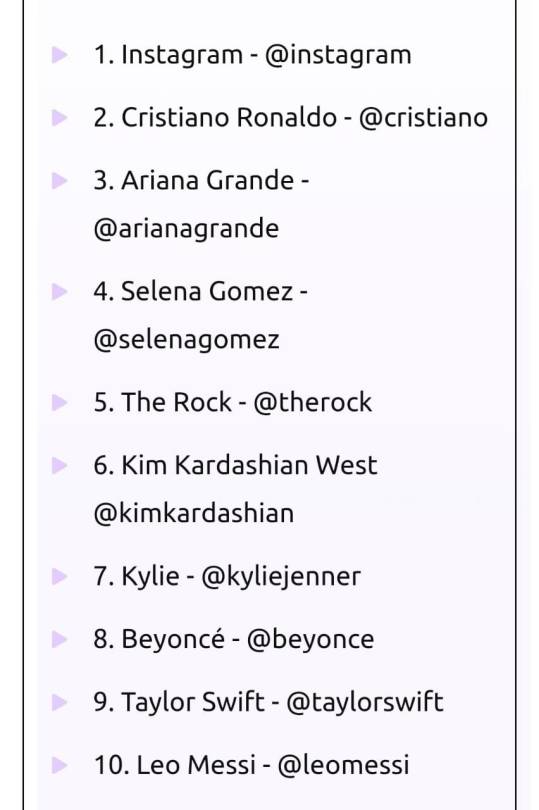
"Los influencers mas seguidos"
1 note
·
View note
Text
The World According to Oliver Stone
The three-time Academy Award winner sat down with Palm Springs Life to discuss his documentary career and his expanding nonfiction legacy.
What is your history with Palm Springs?
I bought a place in 1979 in Palm Desert, where I used to go with my former wife and child. In the 1990s, my mother, who lived in New York, took a liking to the weather and social life in the Coachella Valley and ended up moving here. I occasionally spend weekends with her. I always find the desert a beautiful place. I sleep well, it’s comfortable, and it’s a good place to catch up. I think I’ve shot two or three scenes in the deserts around here.
How did you get into documentary filmmaking?
I never intended to specifically go into it. It was an offshoot of filming features. Often in my feature work, I would sometimes veer toward the documentary style as an approach. At NYU film school, we shot low-budget films with real people all the time. Some of them had real-life roles to play. I remember a big documentary I worked on in 1970 called Street Scenes about the student protests against the Cambodian invasion. We had our cameras smashed by construction workers on Wall Street. Martin Scorsese, one of our teachers at the time, ended up being the supervising director/editor, so to speak, and the film was released in the New York Film Festival at that time. The film school was filled with a lot of provocative people who, like Occupy Wall Street, wanted to bring change to the world. Later, after I had done many features, I felt the need to go back to the “real” world. I had always done a lot of research on the features involving real people, and documentaries were a continuation of that.
How did you come to make three documentaries about Fidel Castro?
By happenstance, a friend of mine, Fernando Sulichin, a Spanish producer born in Argentina, had access; and we took advantage of it. We ended up spending five days in Cuba, three of which we were shooting with [Castro]. After our initial seven-hour dinner, a breakthrough was achieved; and he allowed us to film him without cutting. For me, it’s a fascinating inside look at how a man like that works and thinks. I think whatever your politics or ideologies may be, you can learn a lot by just looking into the eyes of the man. I personally feel the camera reveals a genuine man.
In any case, the anti-Castro forces in this country were so upset at the idea of him presenting his own point of view in a film to the American public that they were heavily criticizing my film before it was seen. There was a limited showing at Sundance in January 2003, and all sides jumped on it like a political football. To make a long story short, HBO was about to release it and was advertising it on the air with two weeks to go when suddenly Castro cracked down and executed some hijackers and put some dissidents in prison because there was an upsurge of what many feel was a CIA-sponsored rebellion on the island. HBO canceled the 90-minute documentary without any warning to me, and it has since never played in the mainstream.
They did agree, eventually, to finance a second film where I went back to Cuba to question him about the previous incidents and why he cracked down on the dissidents as well as the hijackers. His responses are on camera. The film is called Looking for Fidel; and, frankly, I have never seen Castro grilled like this. I don’t think he would ever allow it, and at times he does get upset with me. Although I kept pressing him on all the issues the U.S. State Department wanted answered, I don’t think he could answer any of them in a way that would’ve been suitable to the U.S. bureaucrats. It is a film in which Castro truly unloads his inner feelings on the United States and politics.
And the third Castro documentary?
I returned in 2010, just before doing Wall Street: Money Never Sleeps; and we made another 60-minute film called Castro in Winter, a picture of him at his villa in retirement. We meet his wife briefly and his children. He was very open with me, and it has an autumnal mood. In the course of time, in all three films, what emerges is a portrait of a man and something that I feel very proud of. I do tend to root for the underdog; and I do think, in the end, that Castro has been the veritable underdog who has lasted through 10 American presidents.
Tell us about the other two documentaries being shown at the festival: Persona Non Grata and South of the Border.
In Persona Non Grata, we found ourselves in the heart of Ramallah, the administrative capital of the Palestinian National Authority, waiting for an interview with Yasser Arafat when the Israeli military invaded in 2002. The film is quite interesting and has many elements of humor. We talked to many sides. We visited Shimon Peres, Ehud Barak, and Benjamin Netanyahu, but Prime Minister Ariel Sharon would not meet. On the Palestinian side, we met with the earliest version of the al-Aqsa Martyrs Brigade. They were young, masked, and very dedicated. They told us a story that, I think, needed to be heard. I think the film is recognized as being balanced and well reviewed, but not many people have seen it. It came and went rather quickly on HBO.
South of the Border is about a new South America that North Americans do not really know about. The evolutions in these countries have been occurring ever since the International Monetary Fund essentially forced a set of conditions on them in the 1980s and ’90s that really backfired. From this grew a series of democratic elections in Argentina, Bolivia, Ecuador, Venezuela, and Brazil that upset the map of South America. Suddenly, the United States was being chased off the continent, except for its bases in Colombia.
We treated it like a real road trip. I met with seven presidents; and it goes by pretty fast, so we can’t deal with all the problems in South America. But we are saying, “Meet these people. These are the new leaders, and they are all saying the same thing: ‘Enough of the Yankee mentality, and enough of the IMF!’” It took a lot of guts to do what they did. A special highlight [in the film] is President Néstor Kirchner of Argentina talking with George W. Bush about [Kirchner’s] refusal to go along with the IMF positions. Kirchner took Argentina into bankruptcy, and emerged with a far stronger economy. Great story.
What motivates your recent interest in getting back into documentaries?
I think my children and the younger generation. I think it’s something I can contribute. I’ve been working on The Untold History of the United States for the past four years, and it is quite possibly the most difficult film I’ve ever worked on. It’s 10 one-hour shows that travel back and forth, not necessarily in chronological order, from 1900 to 2012. It’s an alternate study of history. It hardly covers all, but it does cover key points. For example, it questions the Cold War — who started it and why. I think it’ll turn some “old history” on its head. We take you through some of our policies and how they grew through time into an addiction to war and power. It’s perhaps the most powerful documentary I’ve done. There are no interviews; it’s all archival material, with the narrative written by Peter Kuznick, who is a professor of nuclear studies at American University in Washington, D.C., and me. It comes out on Showtime in May. That’s the plan right now.
How do you feel critics will react to your take on U.S. history?
One can never say, but I’m sure some of them will be very negative and will make fun. But there’s a strength to this thing. It’s like leaving behind a legacy. This is for the kids, for the future. You didn’t hear about this history, because I didn’t get it in school — and I went to some pretty good schools. I want to finish my life right. I want it to be the best work I’ve done.
The other documentaries I enjoyed, but they were essentially road movies. This is a classic documentary done with style, editing, and a narrative that will make it entertaining to watch World War II without saying, “Oh, I’ve seen his before.” That’s the secret. It’s the hardest thing to do, to make something fresh.
Why do people think you’re controversial?
I’m not looking for fights. I just don’t want to run from what I think is the truth.
-Matthew Link, "The World According to Oliver Stone," Palm Springs Life, Feb 9 2012 [x]
#oliver stone#documentaries#persona non grata#south of the border#comandante#fidel castro#the untold history of the united states#palm springs
0 notes